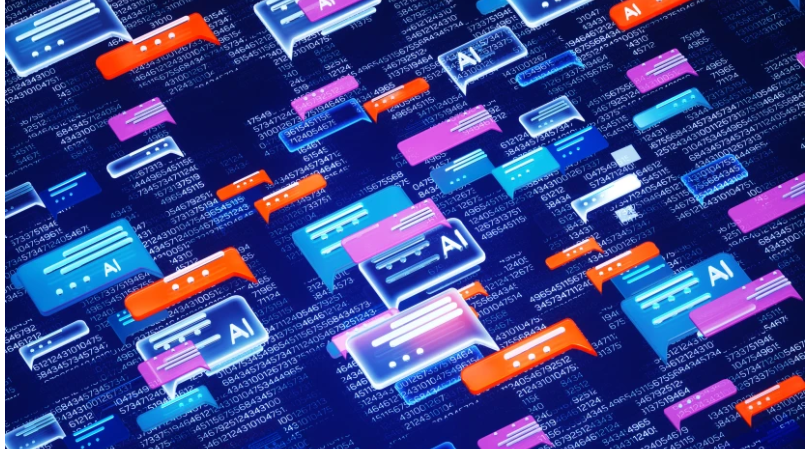How AI and Technology Are Shaping the Future of Finance
The world of finance is evolving faster than ever, thanks to rapid advances in artificial intelligence (AI), blockchain, and digital technology. What once required physical banks, paperwork, and face-to-face meetings is now being transformed into smart, automated, and data-driven financial systems.
But what does this mean for everyday consumers, businesses, and investors? Let’s explore how AI and technology are reshaping the financial landscape in 2025 and beyond.
1. Smarter Banking Through AI
AI is powering a new era of personalized banking. Chatbots and virtual assistants can now answer customer questions 24/7, while AI-driven apps analyze spending habits to provide tailored financial advice.
Banks are also using AI to:
-
Detect and prevent fraud in real-time.
-
Automate loan approvals with faster and more accurate credit scoring.
-
Offer robo-advisors for low-cost investment management.
This makes banking not just faster, but also more secure and convenient.
2. Fintech Apps and Digital Wallets
Cash is no longer king. Digital wallets like Apple Pay, PayPal, and Flutterwave (in Africa) are making transactions seamless. Fintech startups are giving traditional banks a run for their money by offering:
-
Instant cross-border payments.
-
Lower fees on transactions.
-
Easy budgeting and expense tracking tools.
The result? More financial inclusion for people who were previously unbanked or underserved.
3. Blockchain and Cryptocurrency Innovations
Blockchain is not just about Bitcoin. It’s becoming a backbone for secure, transparent, and decentralized transactions.
In finance, blockchain enables:
-
Faster and cheaper international money transfers.
-
Tokenization of assets (real estate, stocks, even art).
-
Smart contracts that automatically execute agreements without middlemen.
While cryptocurrency remains volatile, blockchain technology itself is proving to be a game-changer for efficiency and trust.
4. AI in Investing and Trading
Investing is no longer just about gut feelings and human analysts. AI algorithms now process massive amounts of data to:
-
Predict market trends.
-
Optimize portfolios in real time.
-
Identify risks and opportunities that humans might miss.
Even retail investors can use AI-powered apps to access insights once reserved for Wall Street professionals.
5. Cybersecurity and Fraud Prevention
As financial services move online, cybersecurity has become a top priority. AI is crucial in detecting suspicious activities, such as unusual login attempts or fraudulent transactions, often stopping them before damage occurs.
This not only protects consumers but also strengthens trust in digital finance.
6. The Rise of Financial Inclusion
Technology is breaking barriers by providing access to banking and credit in regions where traditional banks don’t operate. Mobile banking, micro-loans, and AI-powered credit scoring are helping millions of people enter the financial system for the first time.
This could significantly reduce poverty and boost economic growth globally.
What This Means for You
The future of finance will be:
-
More convenient — everything at your fingertips.
-
More personalized — advice tailored to your goals.
-
More secure — AI-powered fraud protection.
-
More inclusive — access for those who were left out.
But it will also require awareness and caution, as reliance on digital platforms comes with risks like data privacy concerns and cybercrime.
Bottom Line
AI and technology are not just reshaping finance—they’re redefining it. From smarter banking to blockchain-powered transparency, the financial world is becoming faster, safer, and more accessible. For consumers and businesses alike, staying informed about these changes is key to thriving in the digital financial future.


